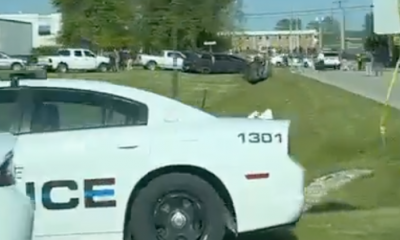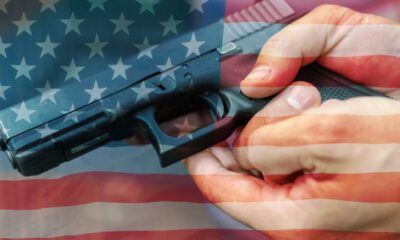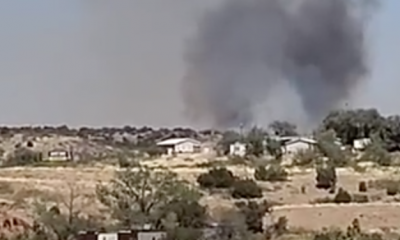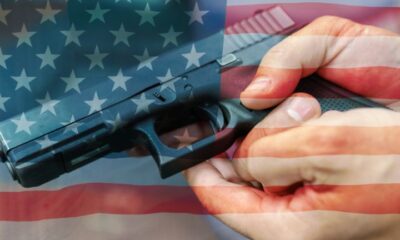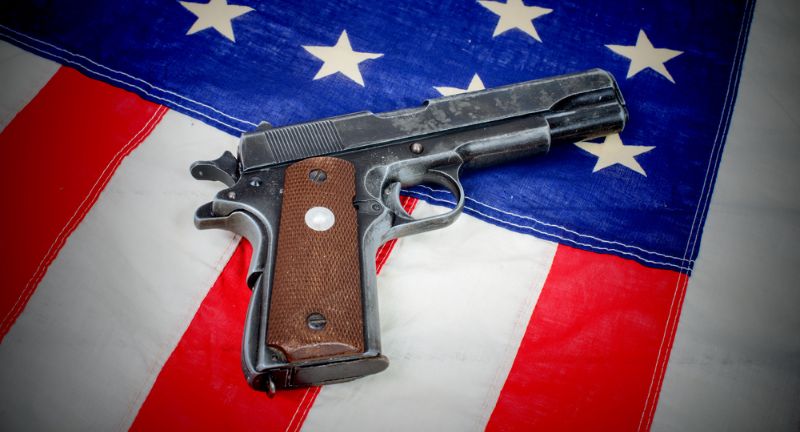
Shutterstock
Gun rights remain one of the most polarizing issues in the United States, reflecting deep-rooted cultural, historical, and political divides. The debate over gun ownership involves fundamental questions about individual freedom, public safety, and constitutional interpretation. Each side of the argument presents compelling points, leading to an ongoing and heated national conversation. This presentation explores the primary reasons behind the persistent controversy surrounding gun rights in America.
From historical precedents to modern legislative battles, the issue of gun rights touches upon various aspects of American life. This presentation delves into the complex factors that keep the debate alive and contentious. Understanding these reasons can shed light on why a resolution seems elusive. Join us as we examine 15 key reasons why gun rights remain a hot-button topic in the U.S.
Historical Significance
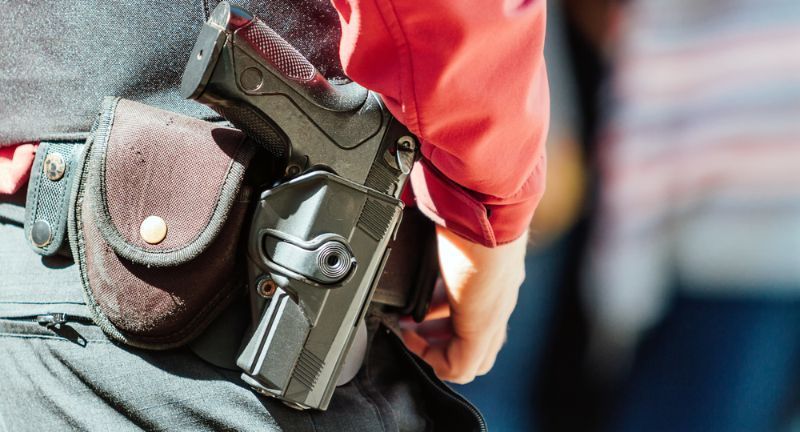
Shutterstock
The right to bear arms is deeply embedded in American history and identity, dating back to the Revolutionary War. This historical significance lends emotional weight to the argument, making it more than just a legal issue. Advocates view it as a fundamental part of their heritage and freedom. Opponents, however, argue that historical context should evolve with modern societal needs.
Second Amendment Interpretation
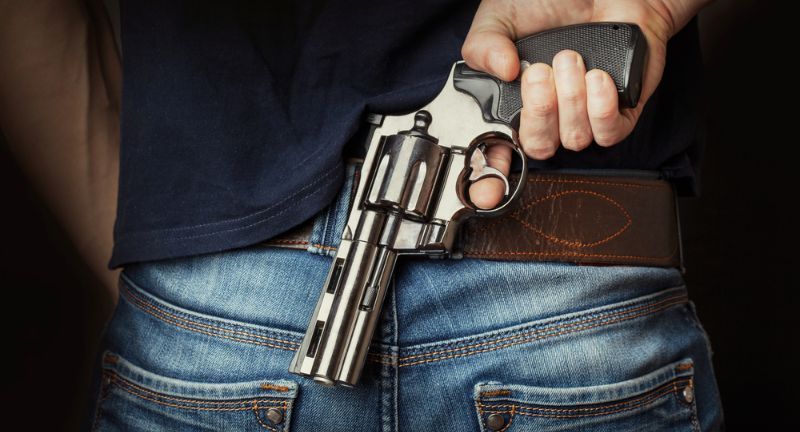
Shutterstock
The Second Amendment’s wording has led to varied interpretations about individual versus collective rights. This ambiguity fuels legal and public debates on the extent of gun ownership rights. Some believe it guarantees an individual’s right to own firearms, while others interpret it as a collective right tied to militia service. These differing views create a legal battleground that perpetuates the controversy.
Public Safety Concerns

Shutterstock
Gun violence and mass shootings have intensified public safety concerns, driving calls for stricter gun control. Opponents of gun rights argue that easy access to firearms increases the likelihood of such tragedies. Proponents counter that responsible gun ownership deters crime and enhances personal security. This clash over public safety versus individual rights keeps the debate highly charged.
Political Polarization

Shutterstock
Gun rights have become a highly politicized issue, often dividing along party lines. Republicans typically support gun rights, viewing them as a safeguard against government overreach. Democrats generally advocate for stricter regulations to reduce gun violence. This political divide makes bipartisan solutions challenging, contributing to the ongoing controversy.
Lobbying and Influence

Shutterstock
Powerful lobbying groups like the NRA wield significant influence over gun legislation. Their financial and political clout ensures that gun rights remain at the forefront of national debate. These organizations advocate for minimal regulation, framing it as a defense of constitutional rights. Their involvement adds another layer of complexity to the issue, often stalling legislative progress.
Cultural Identity
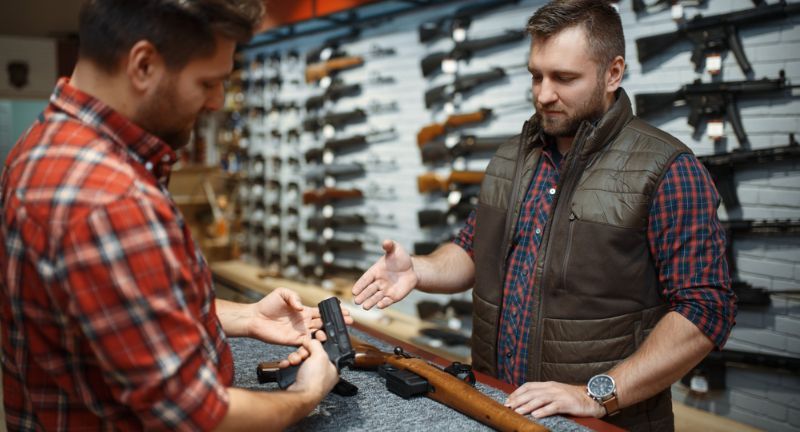
Shutterstock
For many Americans, gun ownership is a key component of their cultural identity. It symbolizes self-reliance, independence, and patriotism. This cultural attachment makes the issue deeply personal and resistant to change. Efforts to impose restrictions are often seen as direct attacks on these values, intensifying the controversy.
Self-Defense Arguments
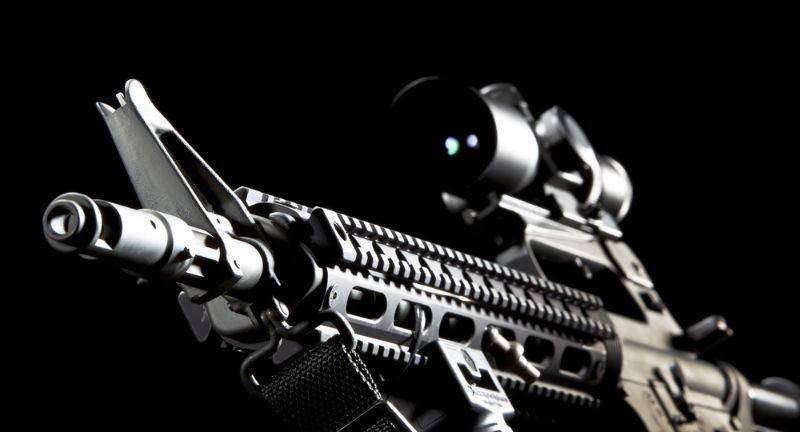
Shutterstock
Proponents of gun rights argue that firearms are essential for self-defense. They claim that owning a gun provides protection against crime and personal threats. This perspective emphasizes individual responsibility and the right to protect oneself. Critics argue that the prevalence of guns leads to more violence, not less, creating a fundamental conflict over safety and rights.
Urban vs. Rural Divide
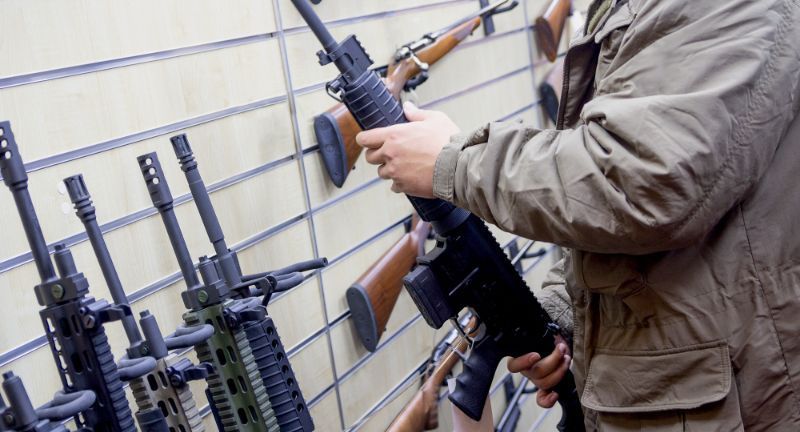
Shutterstock
The gun rights debate often highlights a stark urban-rural divide. Rural areas, where hunting and shooting are common, tend to support gun rights. Urban areas, experiencing higher rates of gun violence, typically advocate for stricter controls. This geographic and cultural split complicates national consensus on gun legislation.
Economic Factors
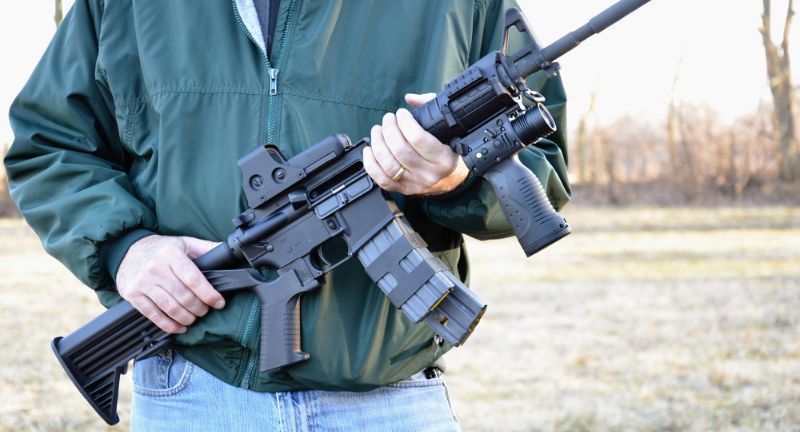
Shutterstock
The firearms industry contributes significantly to the U.S. economy through jobs and taxes. Gun manufacturing and sales are lucrative, creating a financial incentive to maintain gun rights. Opponents argue that the economic benefits do not outweigh the societal costs of gun violence. This economic dimension adds another layer to the complex debate over gun regulation.
Media Influence
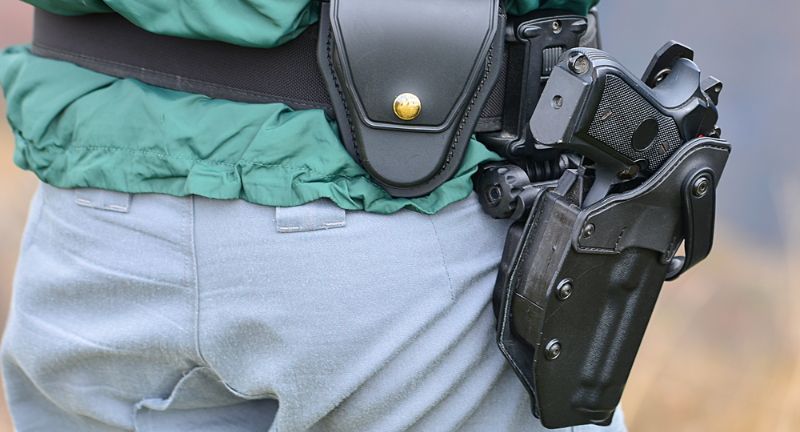
Shutterstock
Media coverage significantly shapes public perception of gun rights and gun violence. Sensational reporting on mass shootings and crime often fuels fear and demand for action. Conversely, media also highlights stories of defensive gun use, supporting the case for gun rights. This duality in media narratives keeps the public opinion divided and the issue in constant debate.
Legal Battles
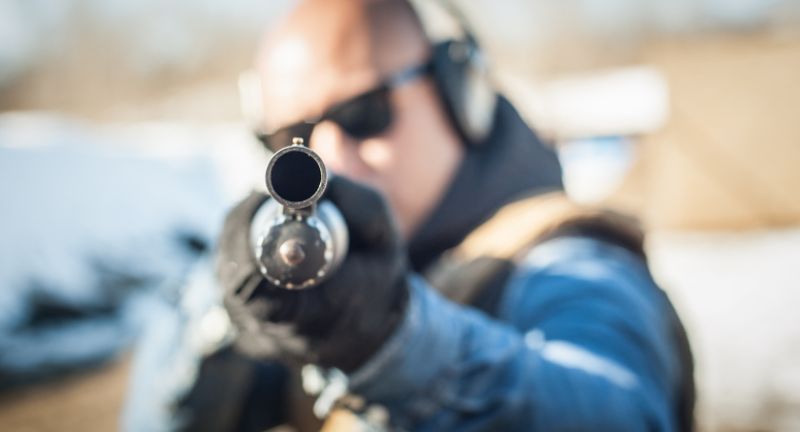
Shutterstock
Numerous legal battles over gun laws reach the courts, further entrenching the issue. High-profile cases, such as those reaching the Supreme Court, set precedents that influence future legislation. These legal disputes often reflect broader societal divisions, making them highly publicized and contentious. The ongoing legal wrangling underscores the difficulty in finding a common ground.
International Comparisons
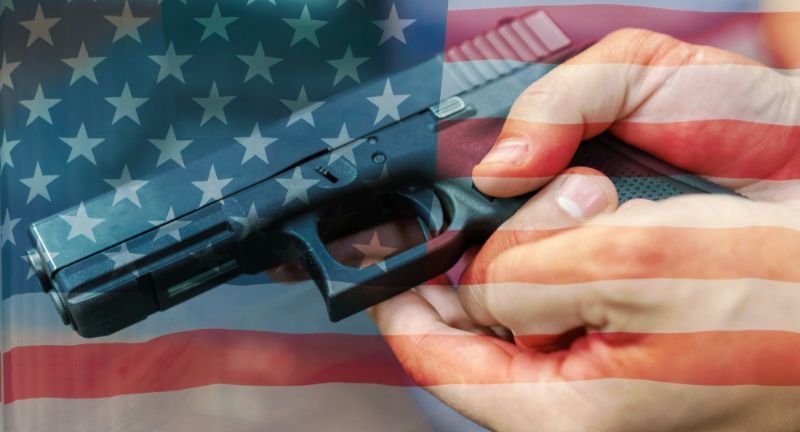
Shutterstock
Comparisons with other countries often feature in the U.S. gun rights debate. Countries with strict gun control laws and lower gun violence rates are cited by gun control advocates. Pro-gun advocates argue that the U.S. has a unique cultural and historical context that differs from other nations. These international comparisons highlight different approaches but often fail to sway entrenched positions.
Technological Advancements
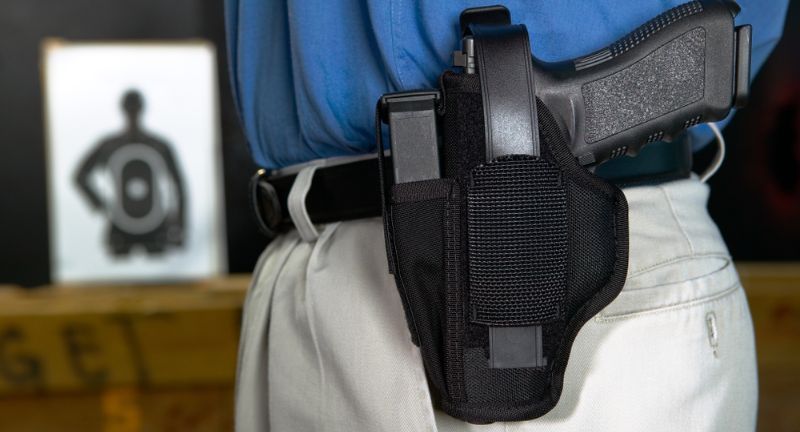
Shutterstock
Advancements in firearm technology, such as semi-automatic and automatic weapons, have changed the landscape of the gun rights debate. These advancements increase the potential for mass casualties, intensifying calls for regulation. Proponents argue that technology enhances their right to self-defense. This technological evolution complicates the debate, adding urgency to discussions on regulation and rights.
Public Opinion Shifts
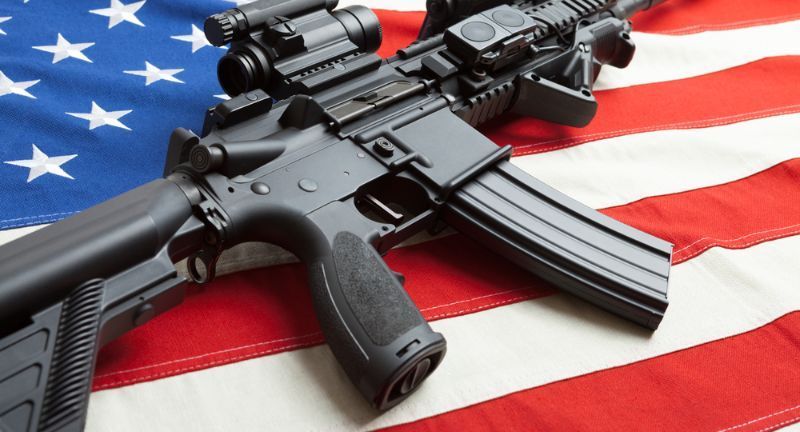
Shutterstock
Public opinion on gun rights and gun control has shifted over time, influenced by major events and changing social norms. Mass shootings and gun violence incidents often lead to increased support for stricter regulations. Conversely, periods of political tension and perceived threats can boost support for gun rights. These fluctuating opinions add to the complexity and persistency of the debate.
Educational Impact

Shutterstock
The impact of gun violence on educational institutions is a poignant aspect of the debate. School shootings have prompted calls for stricter gun control to protect students and staff. On the other hand, some advocate for armed security and even armed teachers as a defense measure. The tragic consequences of gun violence in schools highlight the urgent need for effective solutions.
Psychological Factors
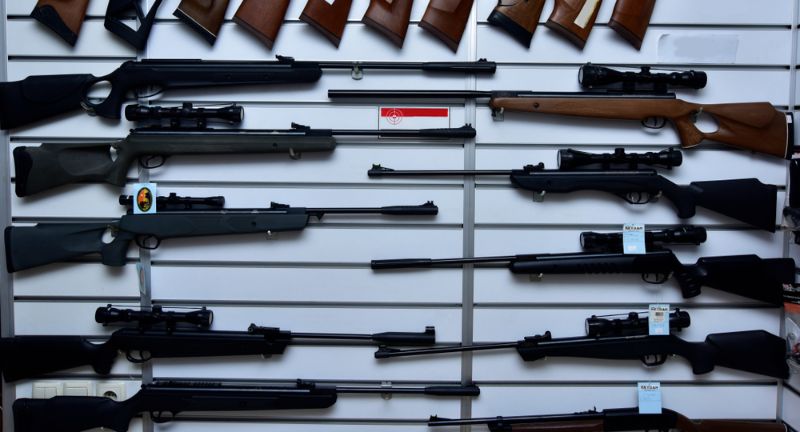
Shutterstock
Psychological factors, including fear and perceived threats, play a significant role in the gun rights debate. Fear of crime and personal safety concerns drive many to support gun ownership. Conversely, fear of gun violence and mass shootings fuels advocacy for stricter controls. These psychological dimensions underscore the deep emotional stakes involved in the issue.
Conclusion

Shutterstock
The controversy over gun rights in the United States is fueled by a complex interplay of historical, cultural, political, and emotional factors. Each side of the debate presents compelling arguments that reflect deeply held values and beliefs. Finding common ground remains a significant challenge, but understanding the multifaceted nature of the issue is essential for progress. As the nation continues to grapple with this divisive topic, dialogue and empathy are key to moving forward.


























